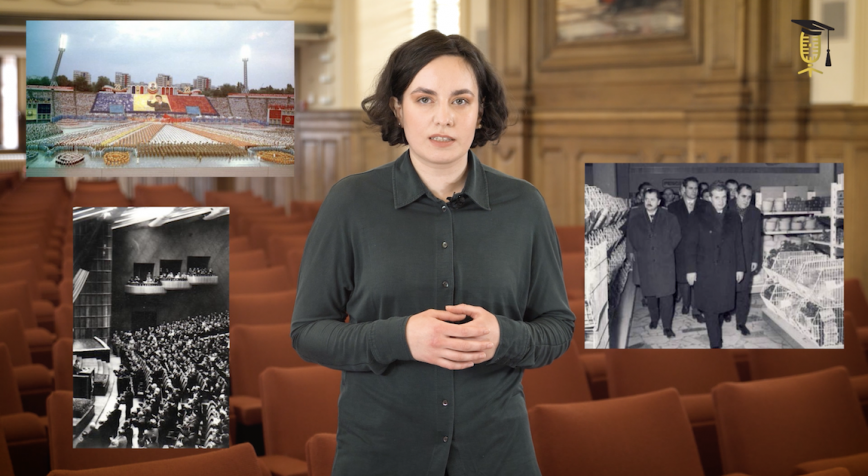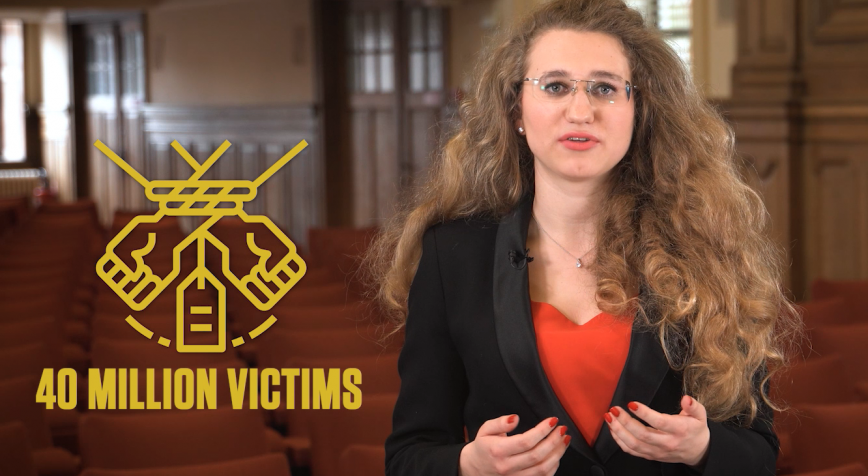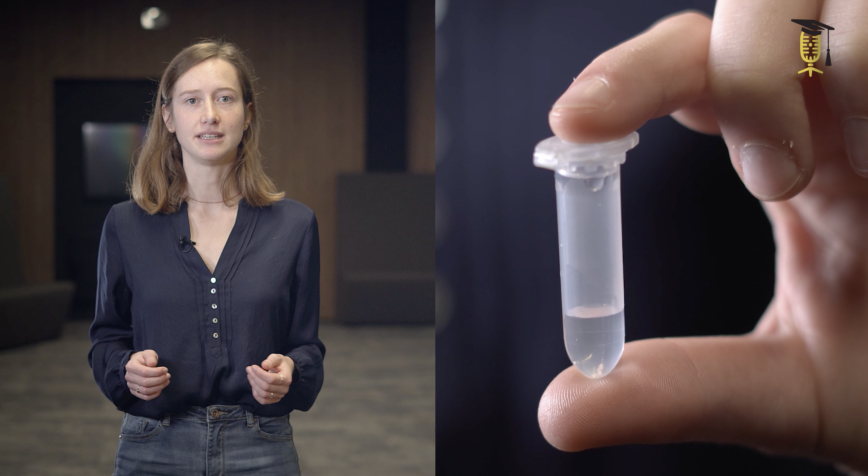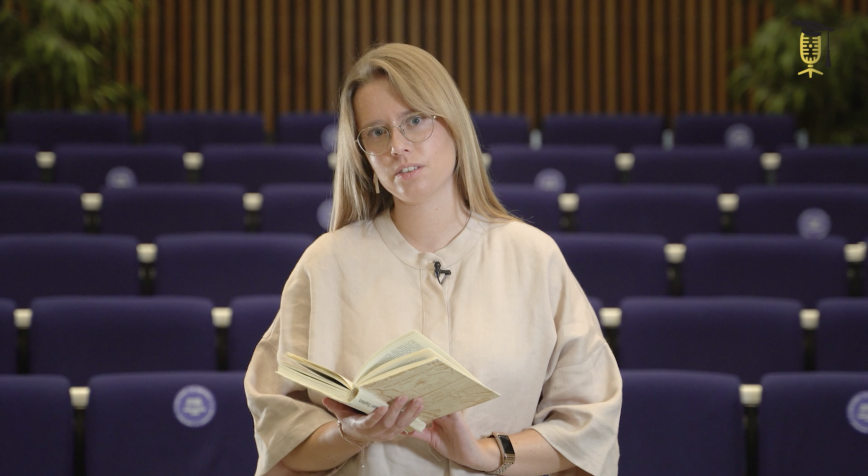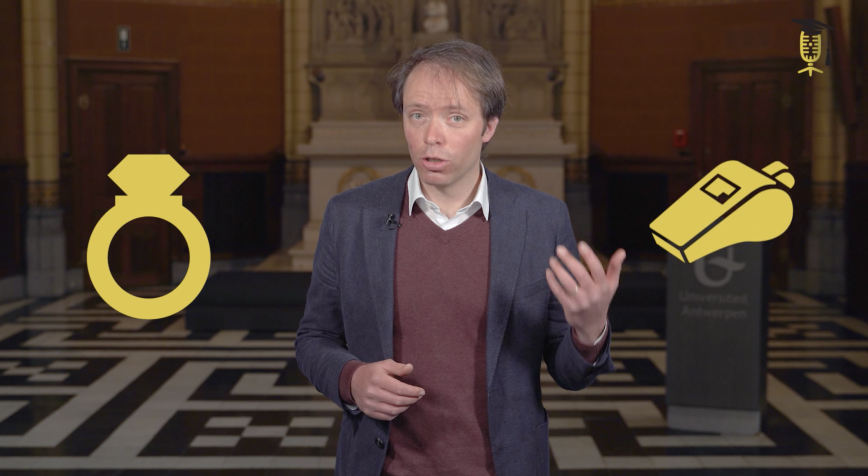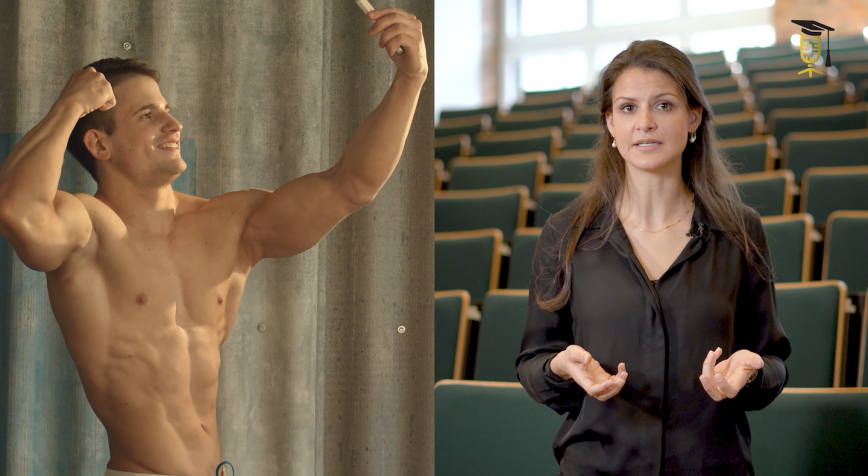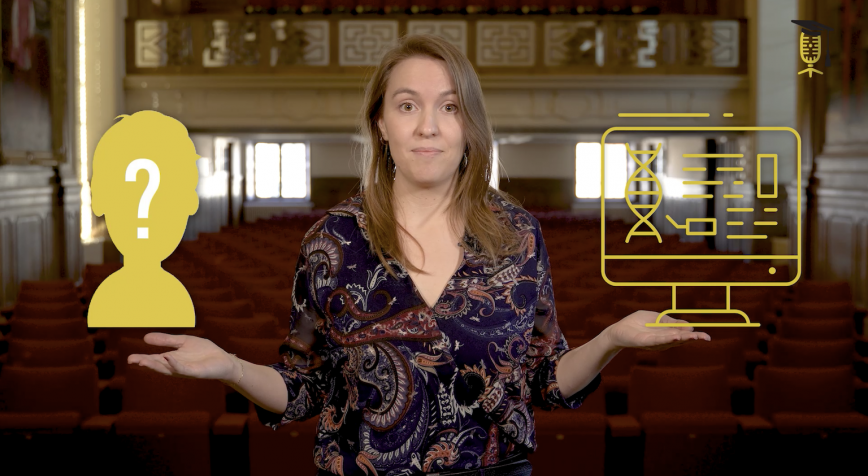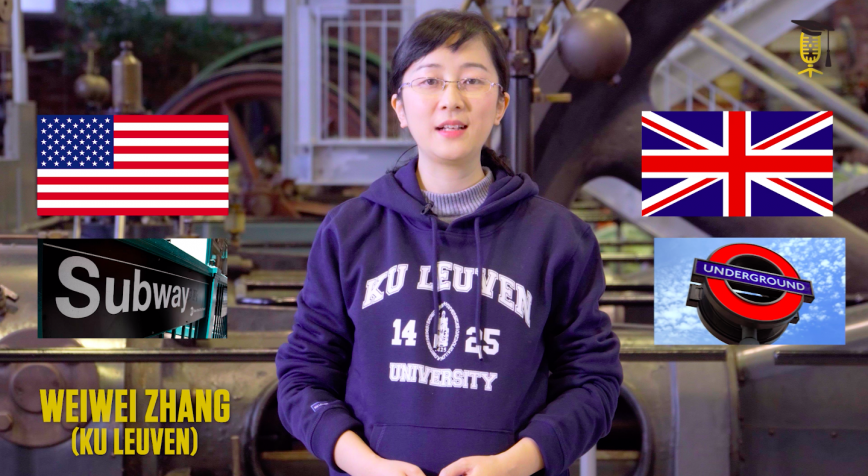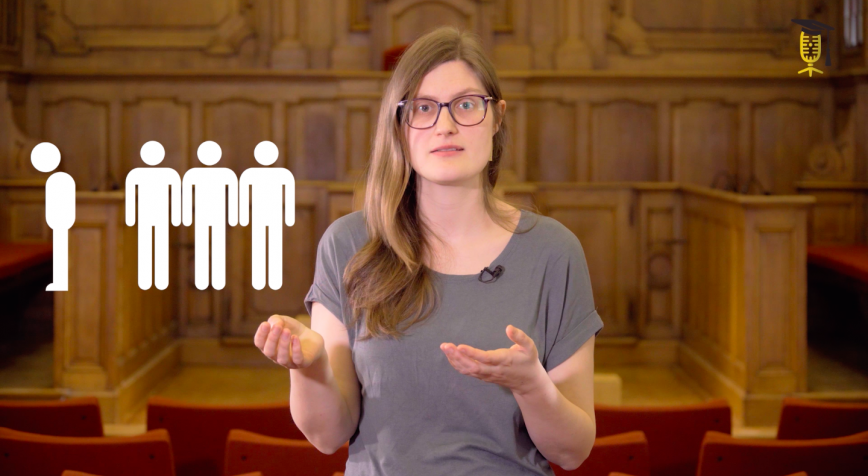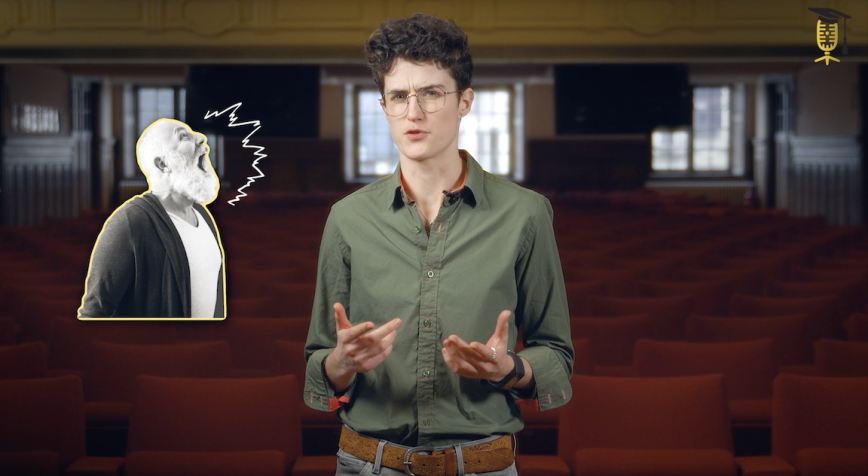
imec
KU Leuven
Dementia: detecting agitation using sensors
What if we could predict whether a person with dementia is about to become agitated? That would help caregivers intervene in time and direct their attention to this person, so as to prevent agitation onset. That's what Hannah Davidoff (KU Leuven - Imec) hopes to achieve. Using wearables and other sensors, she builds algorithms to detect agitation.
